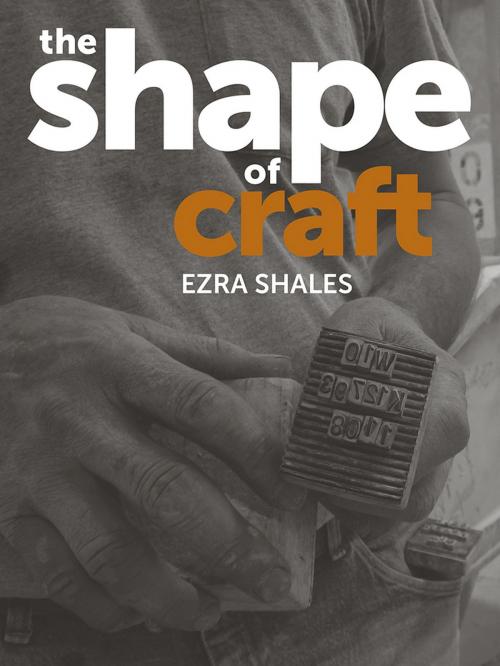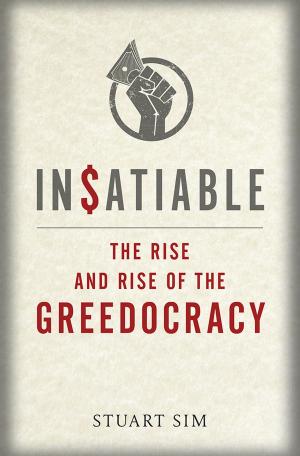| Author: | Ezra Shales | ISBN: | 9781780238845 |
| Publisher: | Reaktion Books | Publication: | October 15, 2017 |
| Imprint: | Reaktion Books | Language: | English |
| Author: | Ezra Shales |
| ISBN: | 9781780238845 |
| Publisher: | Reaktion Books |
| Publication: | October 15, 2017 |
| Imprint: | Reaktion Books |
| Language: | English |
Today when we hear the word “craft,” a whole host of things come immediately to mind: microbreweries, artisanal cheeses, and an array of handmade objects. Craft has become so overused, that it can grate on our ears as pretentious and strain our credulity. But its overuse also reveals just how compelling craft has become in modern life.
In The Shape of Craft, Ezra Shales explores some of the key questions of craft: who makes it, what do we mean when we think about a crafted object, where and when crafted objects are made, and what this all means to our understanding of craft. He argues that, beyond the clichés, craft still adds texture to sterile modern homes and it provides many people with a livelihood, not just a hobby. Along the way, Shales upends our definition of what is handcrafted or authentic, revealing the contradictions in our expectations of craft. Craft is—and isn’t—what we think.
Today when we hear the word “craft,” a whole host of things come immediately to mind: microbreweries, artisanal cheeses, and an array of handmade objects. Craft has become so overused, that it can grate on our ears as pretentious and strain our credulity. But its overuse also reveals just how compelling craft has become in modern life.
In The Shape of Craft, Ezra Shales explores some of the key questions of craft: who makes it, what do we mean when we think about a crafted object, where and when crafted objects are made, and what this all means to our understanding of craft. He argues that, beyond the clichés, craft still adds texture to sterile modern homes and it provides many people with a livelihood, not just a hobby. Along the way, Shales upends our definition of what is handcrafted or authentic, revealing the contradictions in our expectations of craft. Craft is—and isn’t—what we think.















